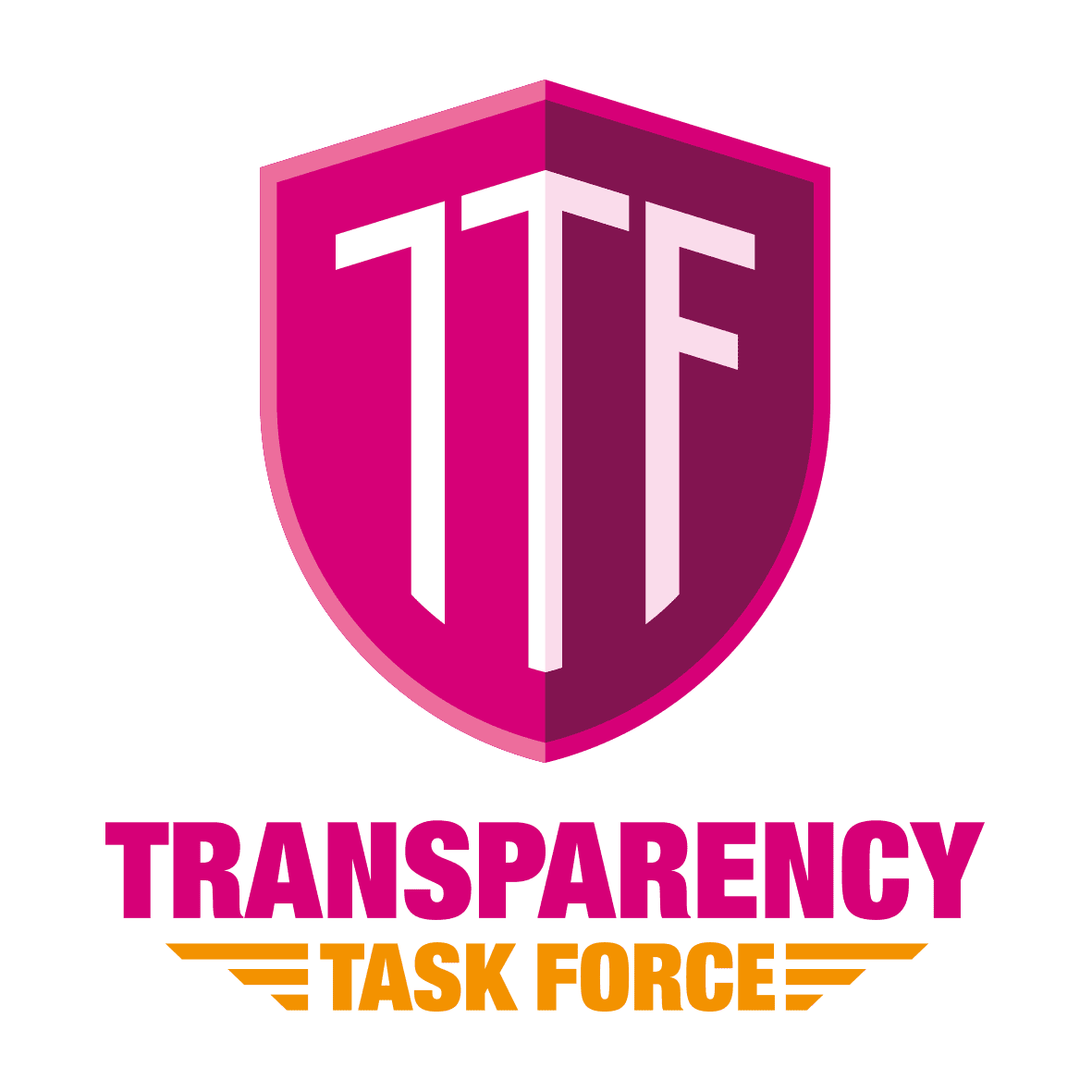Good news:
You now have access to Violation Tracker Global, a new and free-to-search database that tracks infringements by multinational corporations in 45 countries.
And, working closely with the creators of the database, Good Jobs First, we are pleased to invite you to attend one of the four launch briefings that we have jointly organised for next week; timed for at least one of them to be convenient for you wherever you are in the world:
Thursday, 24th October, 9AM UK time
And if you want to attend more than one you can; apart from anything else these meetings are going to be an excellent international networking opportunity.
If you missed the information we shared last week through the press release about Violation Tracker Global, here it is again for your convenience:
“Washington, DC, October 8, 2024–The world’s largest corporations have racked up US$700 billion in monetary penalties linked to regulatory infringements in 45 countries since 2010. Major banks, especially those based in the United States and Europe, account for more than one-third of the penalties. Ninety-five parent companies have received US$1 billion or more in penalties.
These are some of the revelations from data contained in Violation Tracker Global, a new website created by the U.S. non-governmental organization Good Jobs First, which previously produced similar databases focused on the United State and the United Kingdom. Violation Tracker Global is free to search at violationtrackerglobal.goodjobsfirst.org.
“Violation Tracker Global documents a wide range of misconduct by multinational corporations in their operations around the world,” said Philip Mattera, who directs the Violation Tracker project. “We hope it will be a valuable tool for those promoting corporate accountability efforts in many countries, including the EU’s Corporate Sustainability Due Diligence Directive.”
Violation Tracker Global documents more than 50,000 regulatory penalties imposed on 1,600 multinational corporations and their subsidiaries by over 700 regulatory agencies and courts in 45 of the world’s largest economies. These include countries in both the Global North (such as the USA, 17 members of the European Union, United Kingdom, Japan, South Korea, Canada, and Australia) and the Global South (such as Brazil, Mexico, South Africa, and India). Some information is also included from China and Russia. More countries will be added in the future.
The cases in Violation Tracker Global are divided into eight broad offense groups: Competition/Antitrust, Consumer Protection, Employment, Environment, Financial, Government Contracting, Healthcare, and Safety. Each entry is also tagged with one of about 100 more specific offense categories, such as privacy/data protection violations, bribery, money laundering, and workplace safety. Because of agency disclosure limitations, Violation Tracker Global does not have data in every category for all of the 45 countries.
Entries include additional details, such as a description of the offense, the monetary penalty (both in the original currency and the equivalent in U.S. dollars), and a link back to the information source, which in most cases is the website of the regulatory agency. The entity named in the enforcement action is linked both to its current parent company and the parent at the time of the penalty announcement.
Other findings from the data:
- Seven of the 10 parent companies with the largest penalty totals are U.S. and European banks, including Bank of America, JPMorgan Chase, Wells Fargo, UBS, Citigroup, Goldman Sachs, and Deutsche Bank. The non-bank parents in the top ten are Volkswagen, BP, and Apple.
- Many parent companies are repeat offenders. Looking only at penalties of $1 million or more, the parents with the most cases of that size are all banks, including UBS (114), Bank of America (111), JPMorgan Chase (101), and Citigroup (98).
- The financial services sector (banking, insurance, securities), with $306 billion in penalties, is far ahead of all other industries. Next are pharmaceuticals ($59 billion), motor vehicles ($46 billion), and petroleum ($39 billion).
- When looked at in terms of the nature of the offense rather than industry sectors, financial cases still account for the largest share, at $234 billion. Next are competition/antitrust cases ($158 billion), environmental cases ($93 billion), and consumer protection cases ($92 billion). Employment cases account for the smallest amount ($4 billion), which is in part a reflection of the fact that many countries (including most of those in the EU), do not make labor-related penalty information readily available to the public.
- Enforcement actions brought by federal and state regulators in the United States account for the largest share of the penalties, with $538 billion of the $700 billion total. The second largest share ($50 billion) comes from cases brought by the European Commission (only those handled by EC agencies rather than member states). The next largest shares are those from France ($18 billion) and the United Kingdom ($15 billion).
- More than three dozen parents have been penalized in ten or more jurisdictions. The parents with the most jurisdictions are HSBC and Citigroup, with 20 each, following by Deutsche Bank and Volkswagen (18 each), and UBS and BNP Paribas (17 each).
- About 500, or nearly one-third, of the 1,617 parent companies received all their penalties outside their headquarters country.
Here is a list of all the countries and jurisdictions included in Violation Tracker Global:
Argentina; Australia; Austria; Belgium; Brazil; Canada; Chile; China; Czech Republic; Denmark; European Commission; European Free Trade Association; Finland; France; Germany; Greece; Hong Kong; Hungary; India; Indonesia; Ireland; Israel; Italy; Japan; Kenya; Malaysia; Mexico; Netherlands; New Zealand; Nigeria; Norway; Poland; Portugal; Romania; Russia; Saudi Arabia; Singapore; South Africa; South Korea; Spain; Sweden; Switzerland; Taiwan; Thailand; Turkey; United Kingdom; USA; and Vietnam.
There are also bribery cases from the African Development Bank; the Inter-American Development Bank; and the World Bank.”
